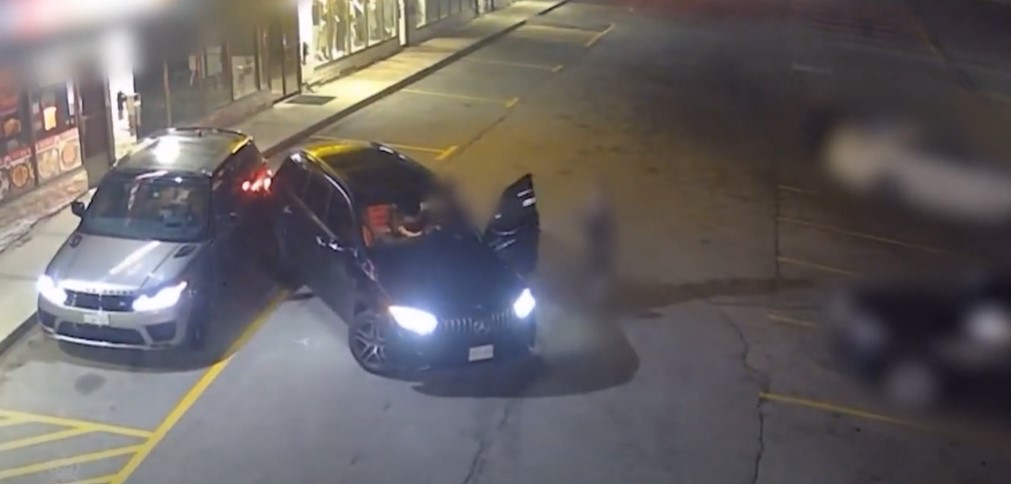Pussy Riot members refuse to cash in on fame
Posted November 23, 2012 7:43 am.
This article is more than 5 years old.
Just three months after the end of a trial that shot them to world fame, members of Russian punk protest group Pussy Riot say they’re fighting to stop anyone cashing in on their multi-million-dollar brand.
Branding experts say the Pussy Riot name is worth a fortune. If they were interested, the band’s members could get rich from tours, films, documentaries and recording contracts.
But it is anathema to the women who, dressed in garish masks, dresses and mismatched tights, burst into a Russian Orthodox cathedral last February and performed a “punk prayer” calling for the Virgin Mary to chase away Putin.
The performance cost three members of the group their freedom. Nadezhda Tolokonnikova, 23, Maria Alyokhina, 24, and Yekaterina Samutsevich, 30, were convicted of hooliganism motivated by religious hatred and sentenced to two years in prison.
For outsiders, including Western celebrities who have adopted the jailed women’s cause, selling merchandise with the Pussy Riot logo is a way to raise money to help the band.
Madonna, other artists and numerous outlets online now offer Pussy Riot T-shirts for sale. Madonna and many other retailers say they are sending the money they raise to help pay for the band’s legal defence.
Samutsevich, whose sentence was overturned on appeal, maintains the very idea of making a profit is against the principles of their radical protest movement, seen in the West as a symbol of resistance to a Kremlin crackdown on dissent.
“A brand is registered only when people want to make money from their work and so this contradicts our conception — our ideology. We are against arts commercialization, music commercialization, and obviously we want to be an example of non-commercial work, non-commercial art. It would be weird to contradict ourselves and to register the brand,” she said.
Samutsevich told Reuters she was outraged when she found out that one of Pussy Riot’s lawyers, Mark Feigin, had tried to register the brand with Rospatent, Russia’s federal agency for intellectual property, under his wife’s film company.
“The application (for the band’s brand registration) was sent back in April which surprised me. So all this time we haven’t been told a word. We found out there was a contract, some kind of financial contract which is also very odd because our lawyers knew perfectly well that we have a non-commercial band,” Samutsevich said.
Pussy Riot has always been more about protest than music. The band has never made any official recordings and does not have a recording contract.
The brand was estimated at $3 million in gross revenue, with a net income of around $2-2.5 million, according to Prophet Brand Strategy consultancy.
Feigin, Pussy Riot’s ex-lawyer said he had tried to register the name Pussy Riot solely to protect the interests of the band members who were on trial. He said he attempted to register the brand using his wife’s film company, WEB-BIO.
Feigin withdrew from Tolokonnikova’s defence on Monday, saying the lawyers had become “irritants to the authorities” which was beginning to harm the women in jail.
“Anyone in the world, just so you know, anyone in the world in any country of the world — a legal body, not an individual — has a right to apply for the (Pussy Riot) brand registration,” Feigin said.
Rospatent gave no reason when it refused to register the brand this month. Experts said its approval was needed before any attempt to register the brand internationally.
As if to add insult to injury, this week, a Russian publisher began selling a book about the group that it attributes to Tolokonnikova, but admits that it did not have permission from her to publish in her name.










